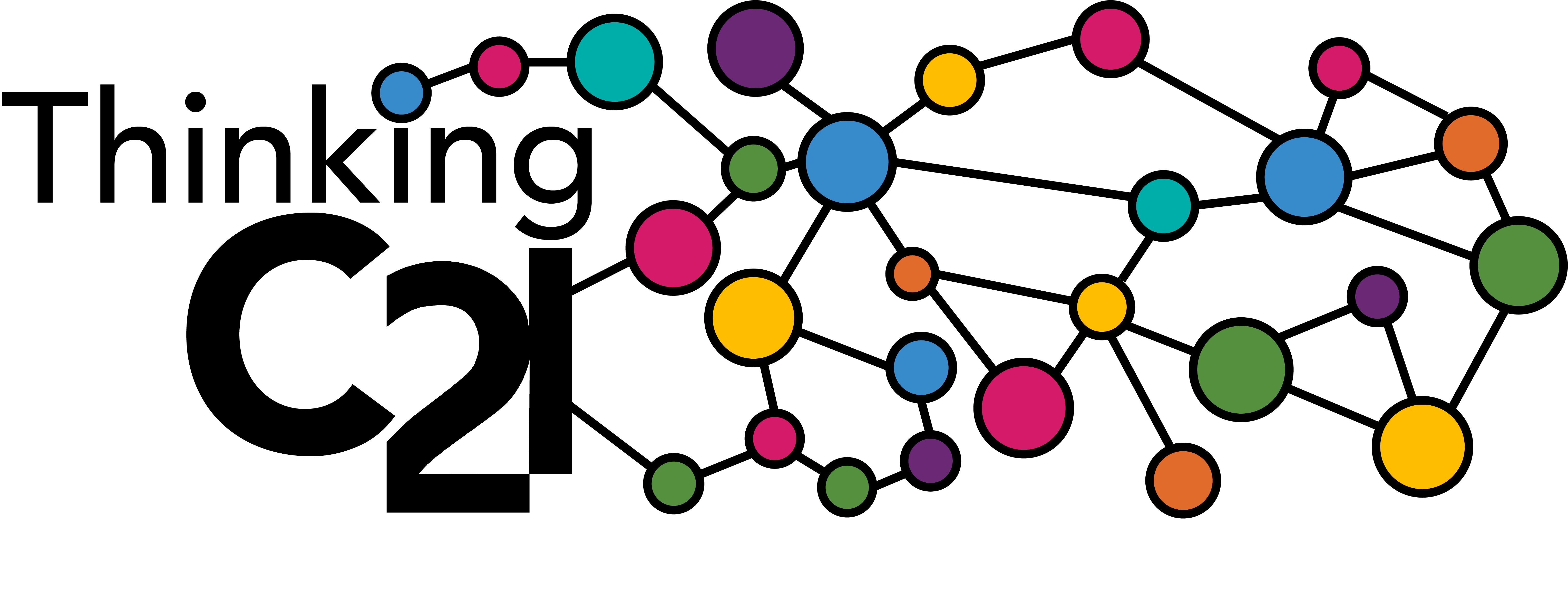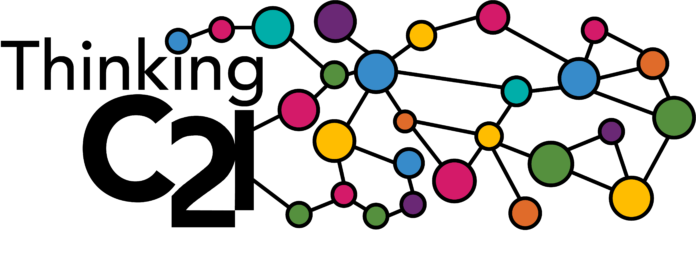By Molly McCourt
 This fall I am teaching a course entitled “Introduction to the Road Film” here at UWM. So when Cara Ogburn told me about Come as You Are, a Belgian film in which three men with special needs take to the road to find a mythical brothel, I jumped at the opportunity to lead a post-film conversation for it during the 2012 Milwaukee Film Festival. Before I walked into the Oriental Theatre to see the film, I made sure that every portal of communication announced my Friday afternoon plans. My Gmail and Facebook statuses proclaimed the festival’s arrival, my film students all received emails encouraging them to attend this flick, and I tweeted to all that I was about to enjoy this movie and couldn’t wait for the conversation to follow at Hotel Foster #MFF2012. While I am coming around to the positive aspects of all of this electronic communication (I was a full-on luddite mere months ago…now just partial-luddite), I cannot express how great it was to sit down around a table and discuss the film face-to-face afterward.
This fall I am teaching a course entitled “Introduction to the Road Film” here at UWM. So when Cara Ogburn told me about Come as You Are, a Belgian film in which three men with special needs take to the road to find a mythical brothel, I jumped at the opportunity to lead a post-film conversation for it during the 2012 Milwaukee Film Festival. Before I walked into the Oriental Theatre to see the film, I made sure that every portal of communication announced my Friday afternoon plans. My Gmail and Facebook statuses proclaimed the festival’s arrival, my film students all received emails encouraging them to attend this flick, and I tweeted to all that I was about to enjoy this movie and couldn’t wait for the conversation to follow at Hotel Foster #MFF2012. While I am coming around to the positive aspects of all of this electronic communication (I was a full-on luddite mere months ago…now just partial-luddite), I cannot express how great it was to sit down around a table and discuss the film face-to-face afterward.
But I am getting ahead of myself. This magical experience began in the theatre as everyone found their seats, munched popcorn, and waited for the whur of the projector. After a festival attendant introduced the film and everyone settled in, I was struck by the idea of how different this viewing experience felt from most trips I take to the theatre. Most times, I feel a sense of camaraderie with the few friends I go with, but feel completely separated from the rest of the crowd. However, at the film festival, there was this palpable sense of belonging in the room. We were all there for a purpose—to enjoy a film—but also to support films as a community. All of these feelings were affirmed by the strong applause of the crowd as the end credits rolled.
What made the experience even better was that we could extend this feeling of community by continuing the conversation right across the street. Not that every spectator floated from their seats in the theatre to the bar on some cloud of post-movie euphoria: there were hesitant folks, delays for restroom breaks and drink orders, and that polite awkwardness that inevitably comes when strangers sit around a table for the first time. However, that feeling of community came through as I expressed my unabashed love for one of the characters and then another person chimed in about plot development, effortlessly launching us into a thoughtful discussion. Come as You Are centers on a group of three young men who escape the watch of their parents to set out on the ultimate road trip to El Cielo—a brothel in Spain that welcomes special needs clients. We talked about the elements that humanized the characters—gripes over money, fights over friendship loyalty, and belting out pop songs at the top of their lungs. As a group, we established that a film following this familiar journey formula could have easily been predictable and maudlin, yet Come as You Are didn’t fall into that trap. Because the characters were perfectly flawed; it was difficult to perceive them as victims of their disability or illness. As a spectator, you watch how anger, judgment, and selfishness can take over these friends as their ex-con nurse/chaperone referees, while managing to keep the van on the road. As a group, we discussed how this character development allowed the filmmakers to achieve emotion without sentimentality and the actors to touch our hearts without tugging too hard at their strings.
Come as You Are is a film that leaves you with feeling like you have just stepped out of a van after a long journey: a bit sad it’s all over, but so glad you made the trip. Taking part in the conversation that followed was like instantly reuniting with your road buddies and reliving the crazy journey. There is something to be said of sharing a film in the dark quiet and then bringing voices, faces, and laughter to that experience. Social media just cannot match it. And that makes this partial luddite smile.
[Molly McCourt is a second year PhD student in the Media, Cinema, and Digital Studies track in the English department at UW-Milwaukee. Her research interests include intertextuality, Bakhtinian carnival, and constructions of gender and sexuality in 20th and 21st century film, television, literature, and pop culture. She is participating in English 820 this fall (a course where you get credit for attending C21 events, among other things)]



